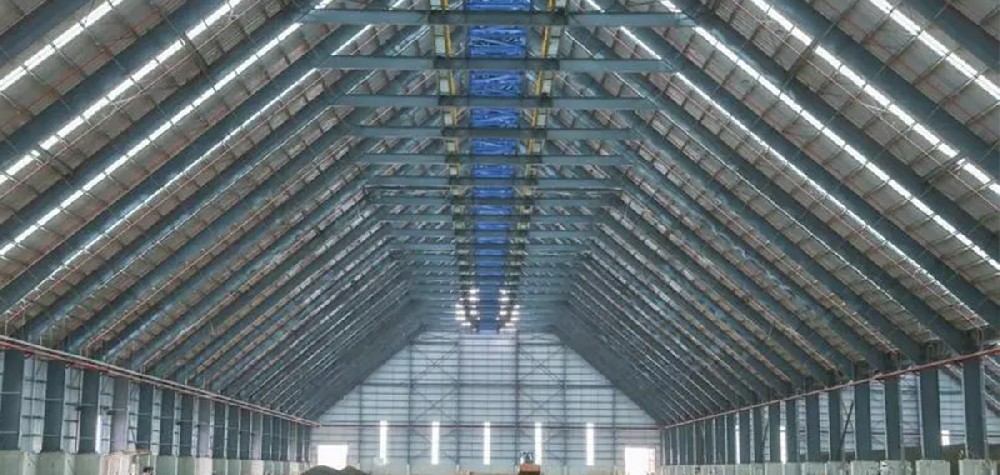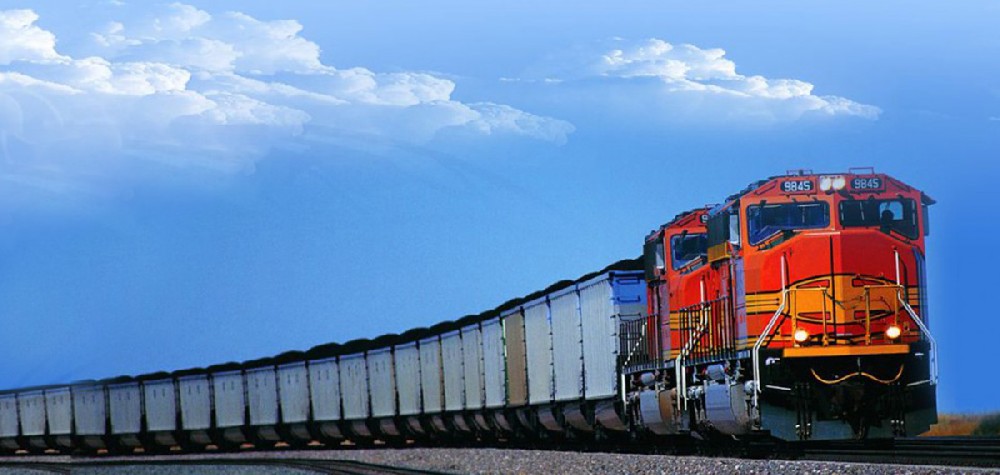Navigation Menu
Contact Us
- Email:
- info@wxavatar.com
- Address:
- Yurong Village, Yuqi Street, Huishan District, Wuxi, China.
Release Date:Jul 09, 2025 Visit:77 Source:Roll Forming Machine Factory
In the specialized field of railcar component manufacturing, the relationship between equipment performance and product quality is not merely significant; it's foundational. The integrity and reliability of every component, from axles and wheels to braking systems and couplers, directly impact the safety and operational efficiency of an entire rail network. Therefore, understanding and optimizing this relationship is paramount for manufacturers striving for excellence and market leadership.

The precision required in producing railcar components is exceptionally high. Even minor deviations can lead to substantial issues down the line, including increased maintenance costs, premature component failure, or, in critical scenarios, safety compromises. This is where the consistent and accurate functioning of manufacturing equipment becomes indispensable. Machines that are well-maintained, calibrated, and operating within their optimal parameters consistently deliver components that meet stringent specifications. Conversely, underperforming equipment—whether due to wear and tear, calibration errors, or outdated technology—can introduce inconsistencies, dimensional inaccuracies, and material defects. These flaws, though sometimes subtle, can compromise the structural integrity and functional reliability of the final product.
Consider the fabrication of a railcar wheel. This process involves precise forging, machining, and heat treatment. If a forging press experiences inconsistent pressure, or a CNC machine has excessive tool runout, or a heat treatment furnace exhibits temperature fluctuations, the resulting wheel may have internal stresses, improper dimensions, or an altered metallurgical structure. Such a wheel, even if it passes initial visual inspections, could be prone to premature fatigue or failure under the immense stresses of rail operation.
Furthermore, the impact of equipment performance extends beyond individual component defects to influence overall production efficiency and material utilization. When equipment operates optimally, material waste is minimized, and production cycles are more predictable. Conversely, unreliable machinery can lead to increased scrap rates, costly rework, and production delays, all of which indirectly affect the perceived value and actual quality of the end product.

Ultimately, investing in the maintenance, modernization, and regular calibration of manufacturing equipment is not an ancillary expense in railcar component production; it's a direct investment in product quality. For manufacturers, a comprehensive approach that includes predictive maintenance, advanced process control, and ongoing equipment upgrades is essential to consistently deliver components that meet the rigorous demands of the rail industry and to maintain a competitive edge. The unwavering commitment to equipment excellence directly translates into the superior quality and reliability that defines successful railcar components.